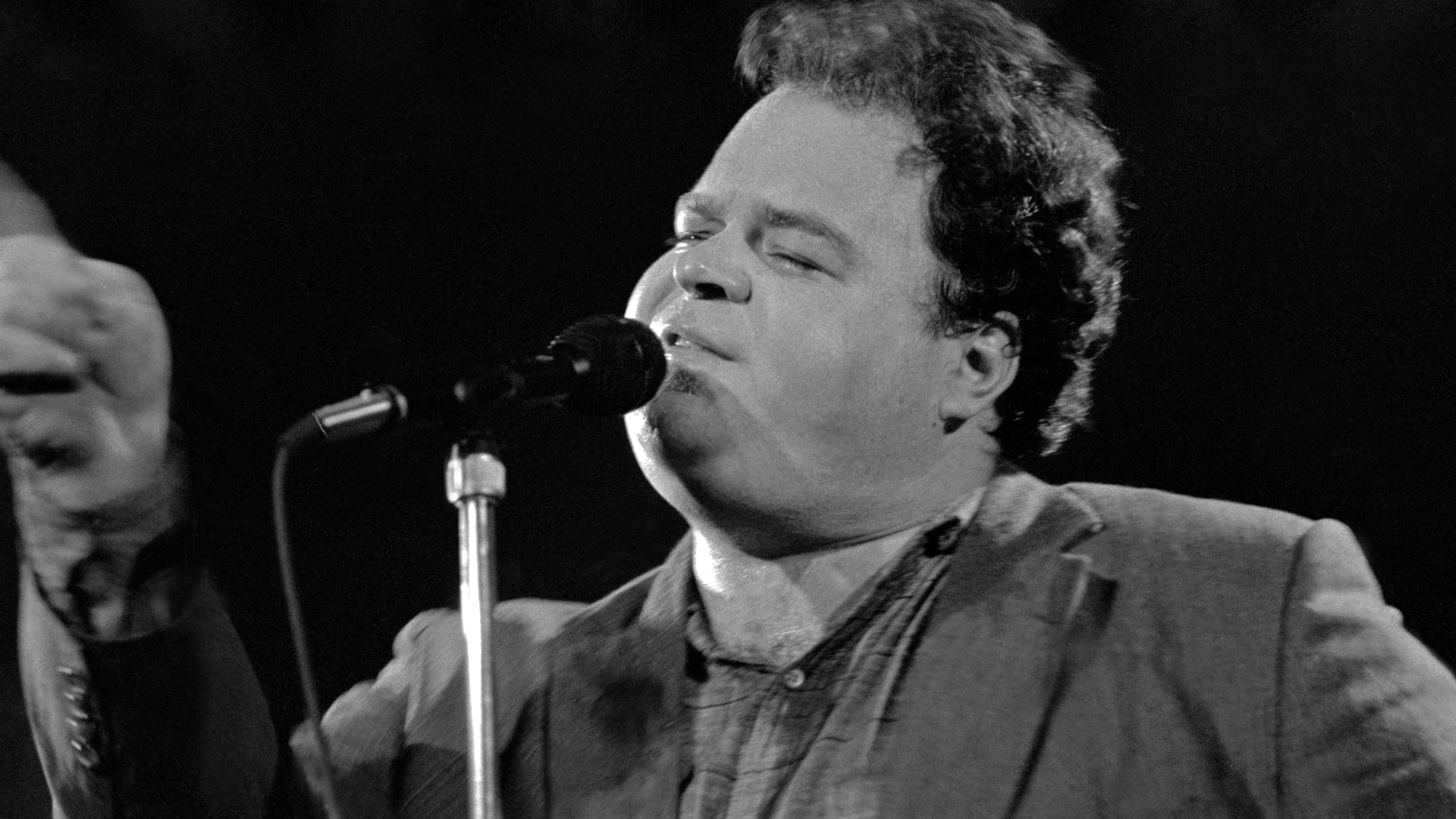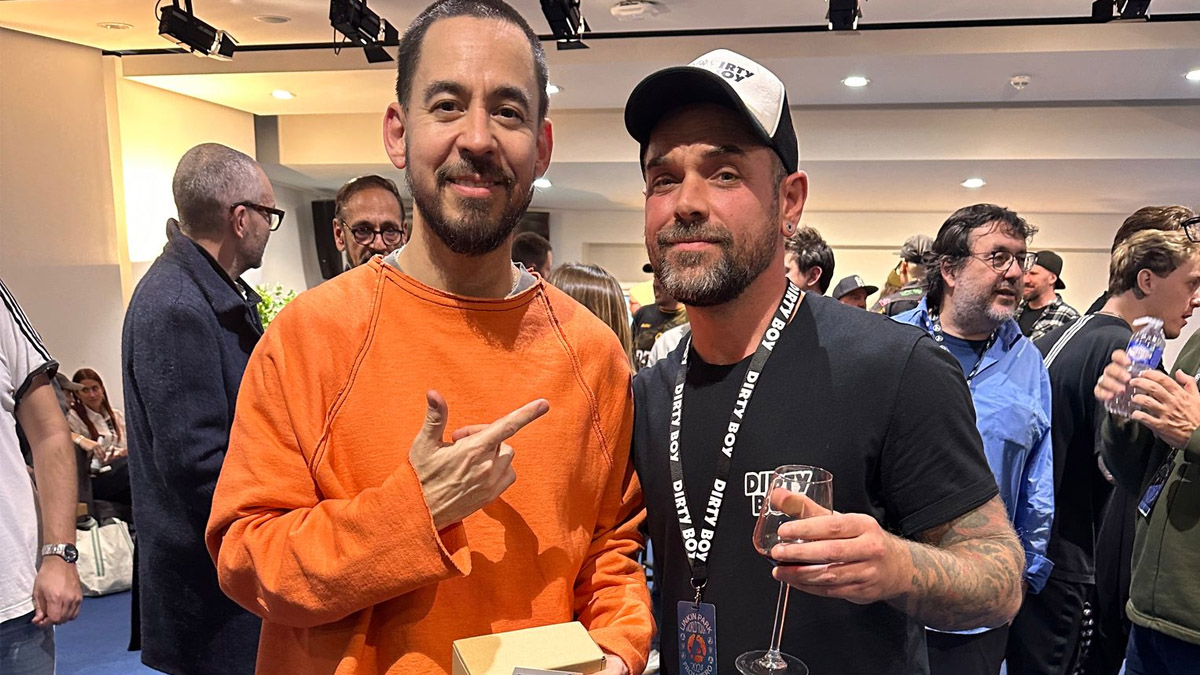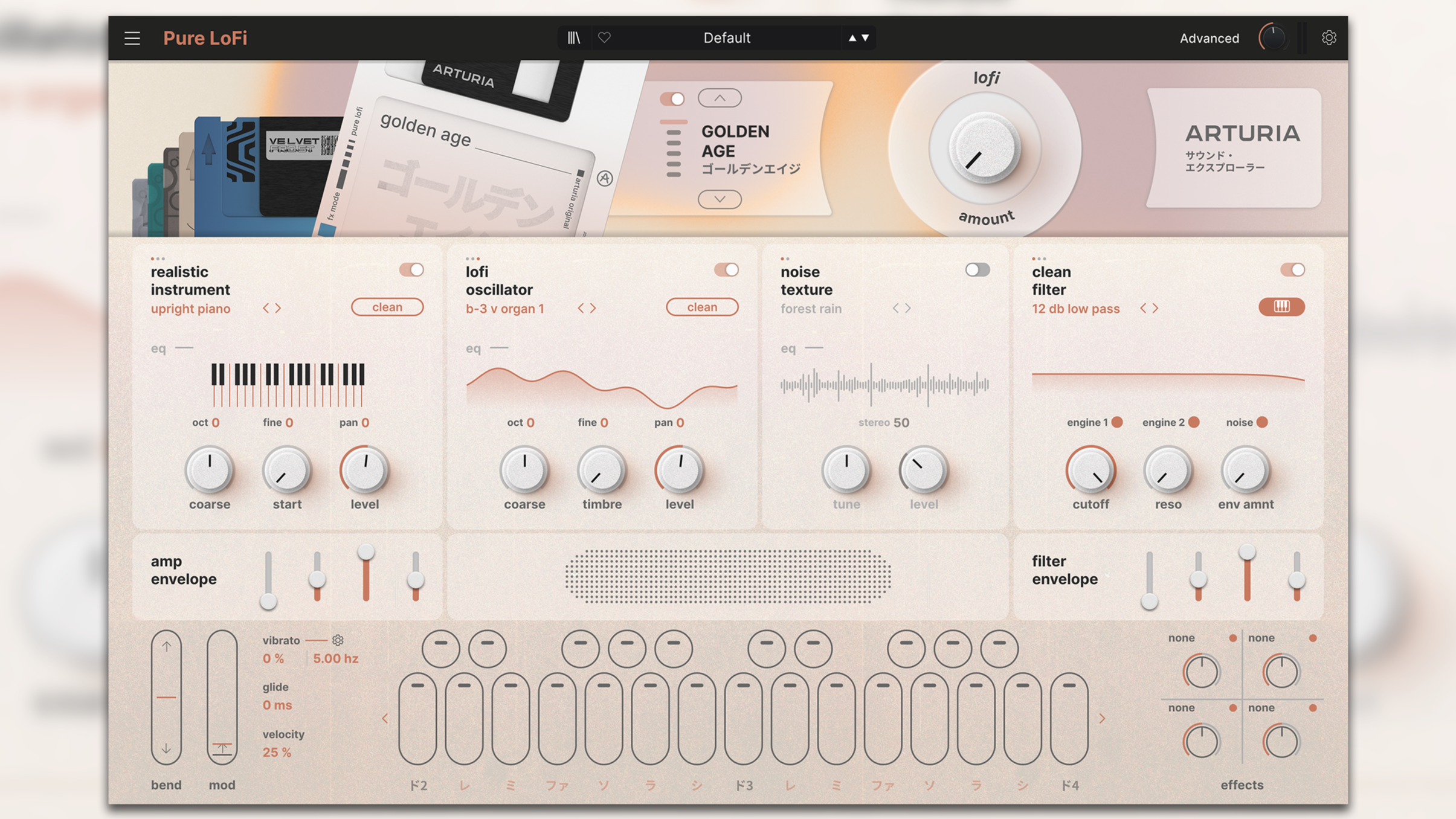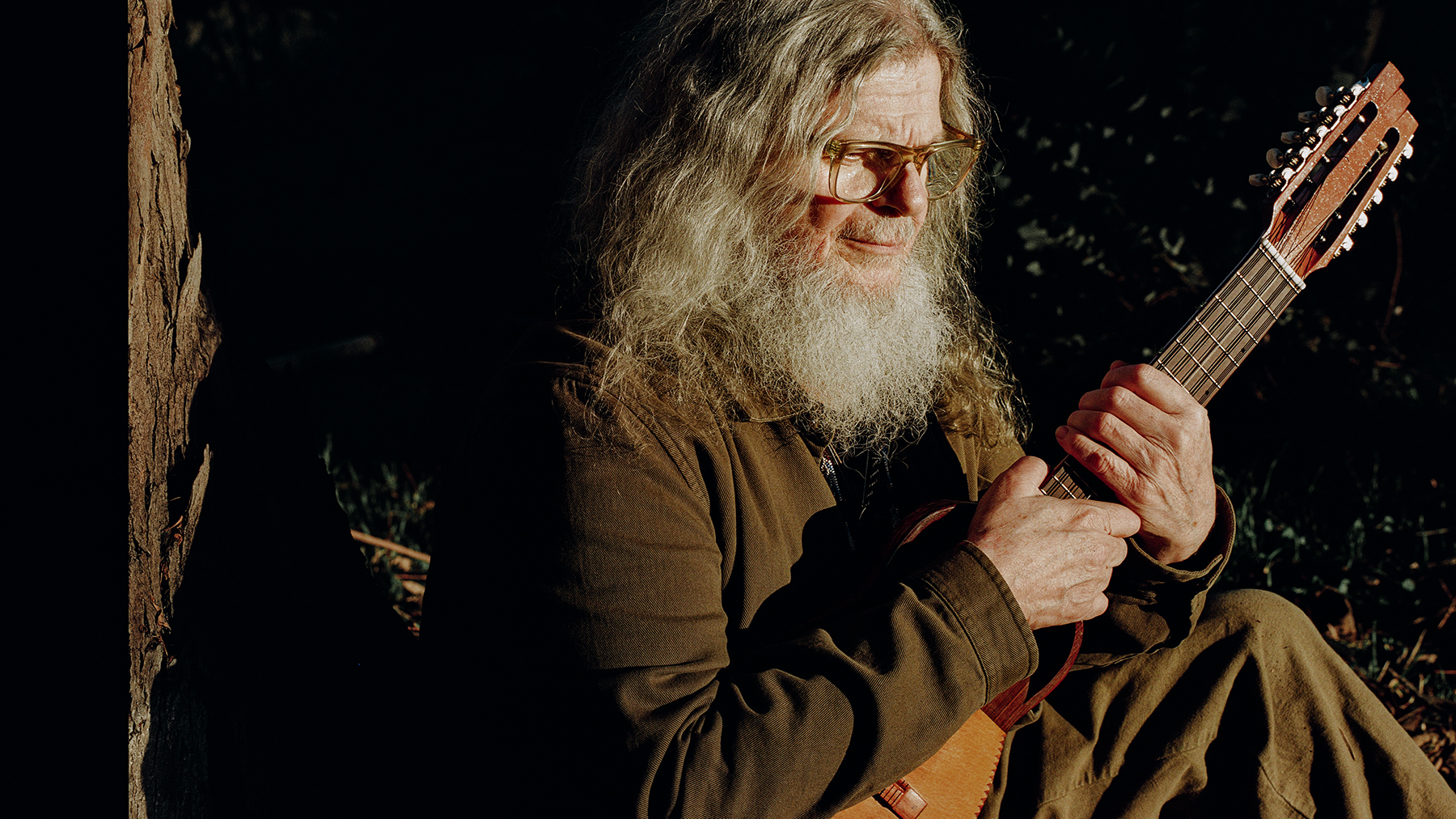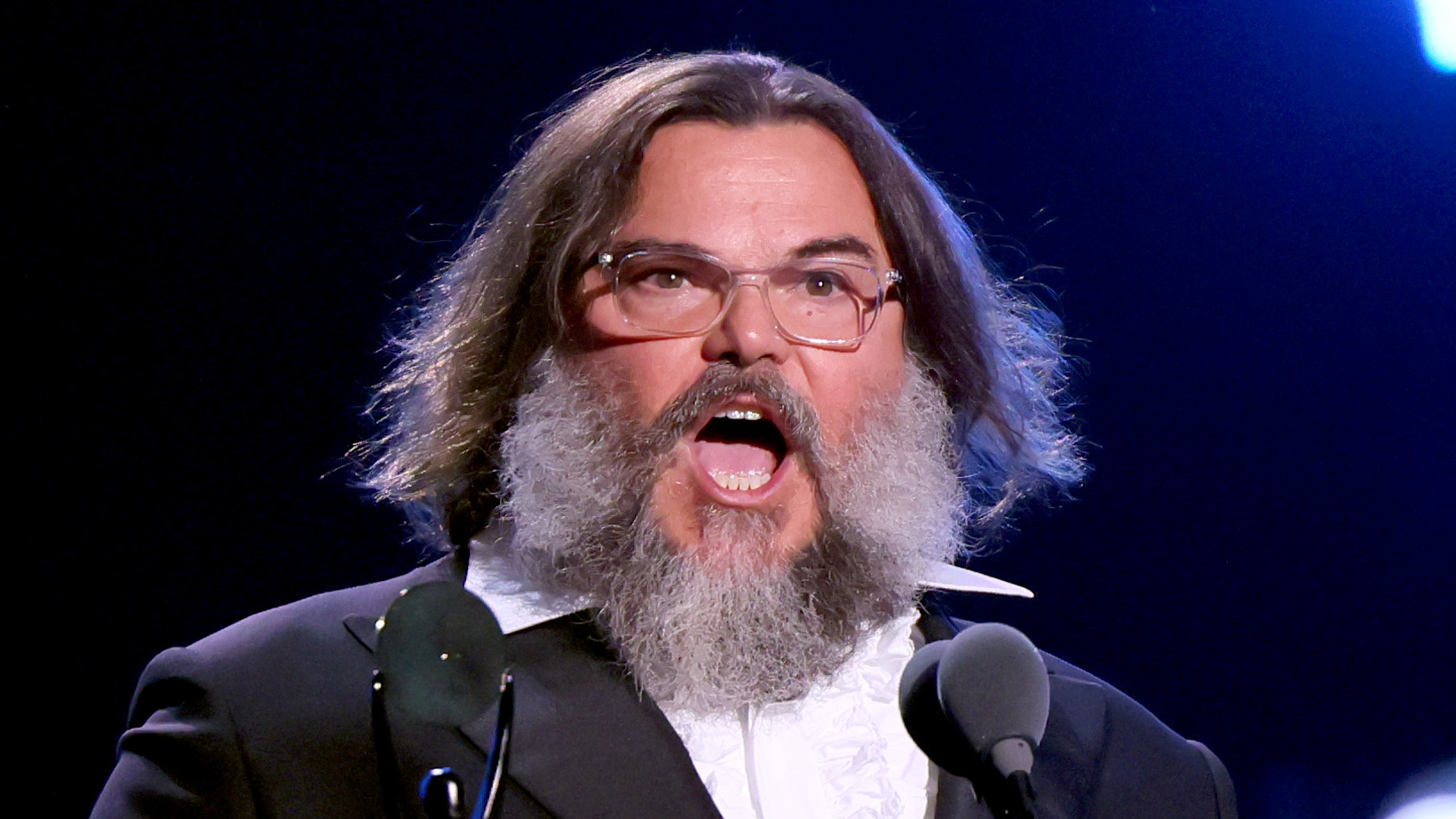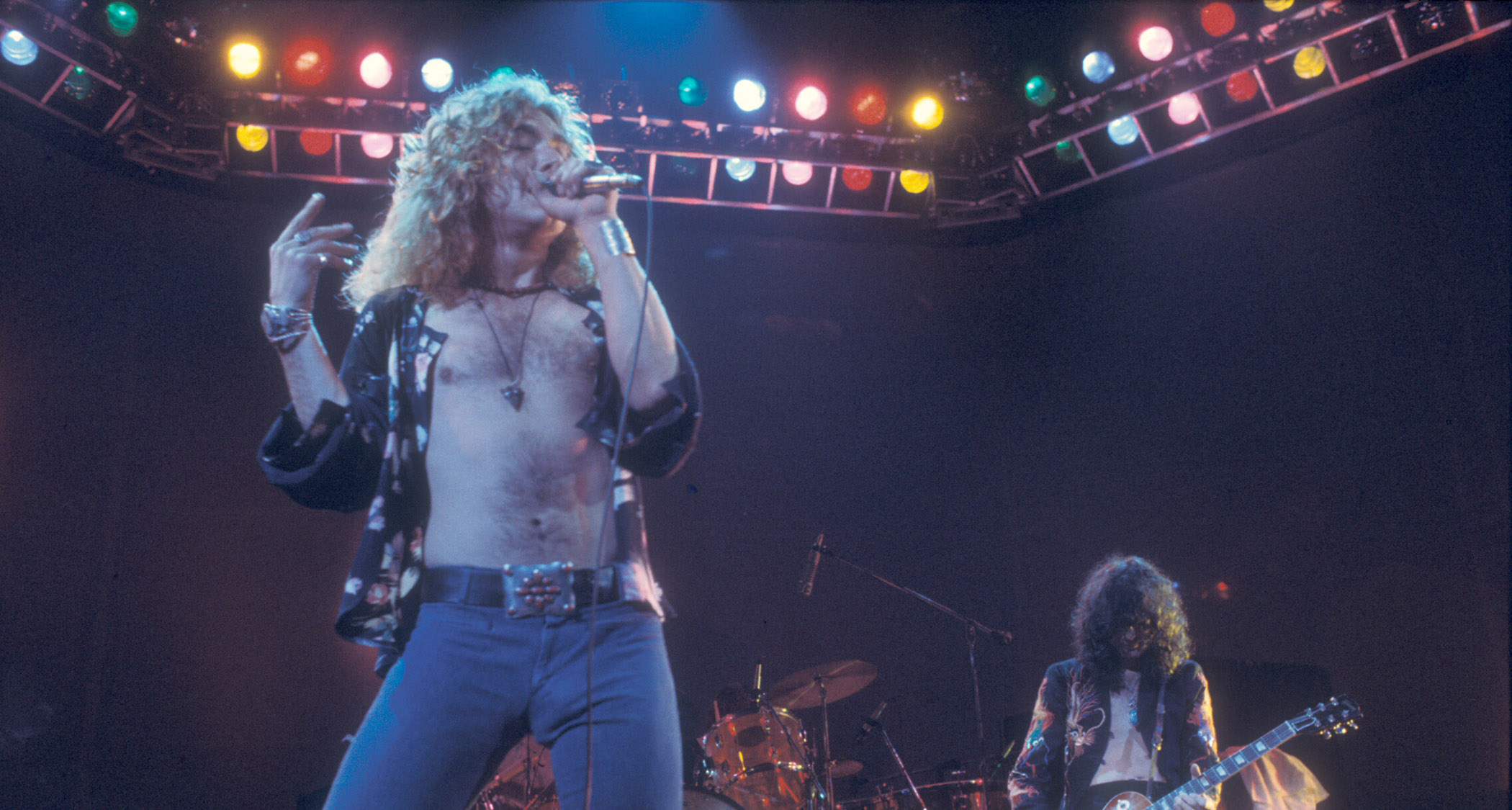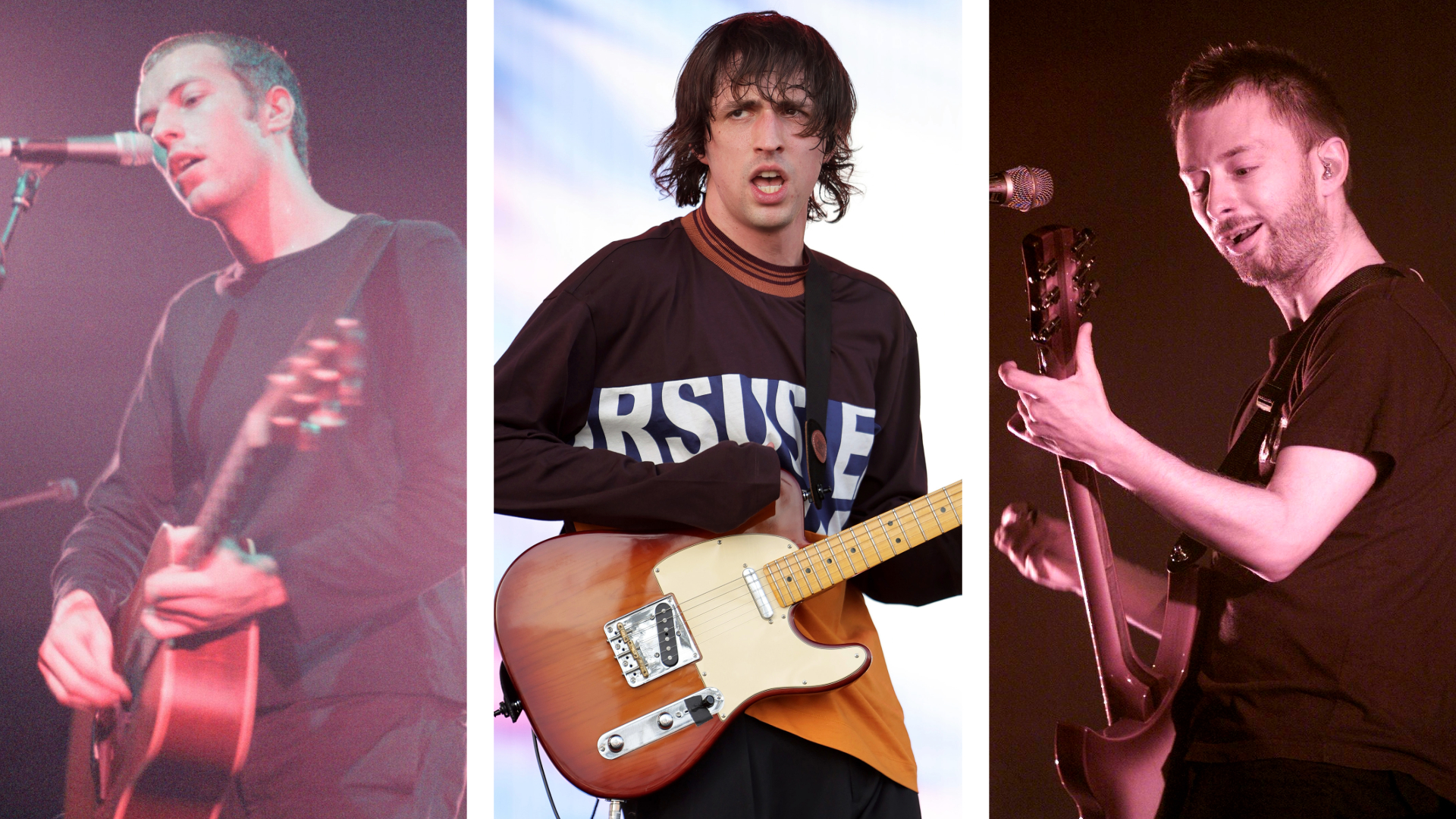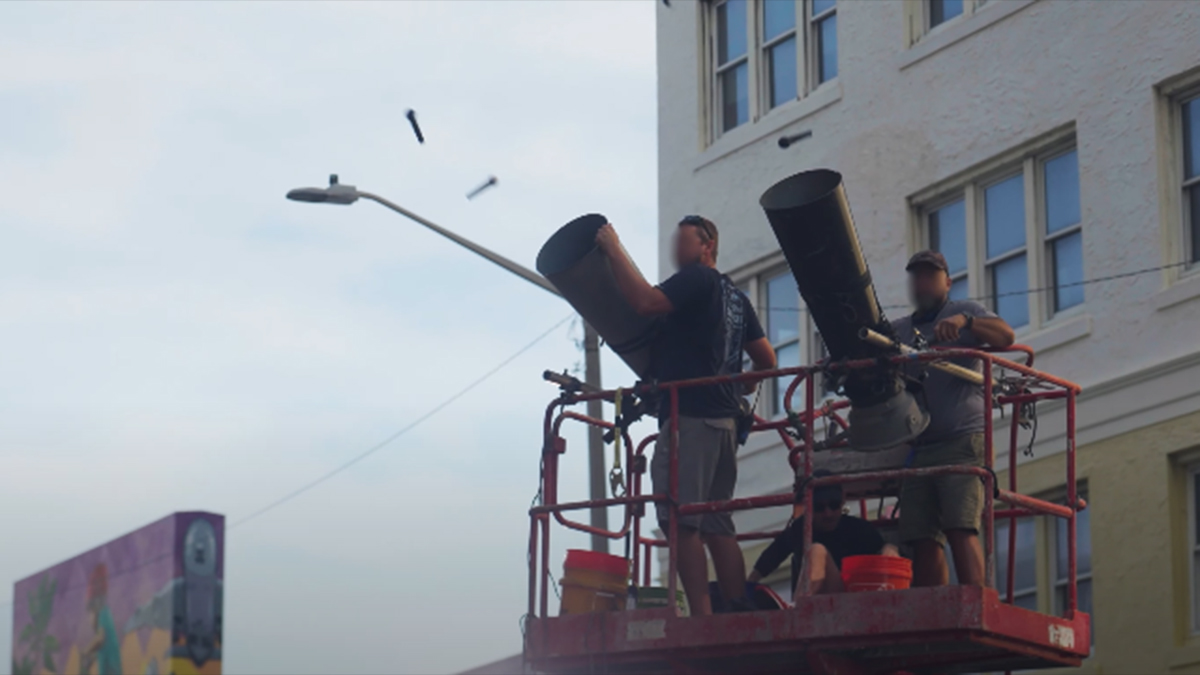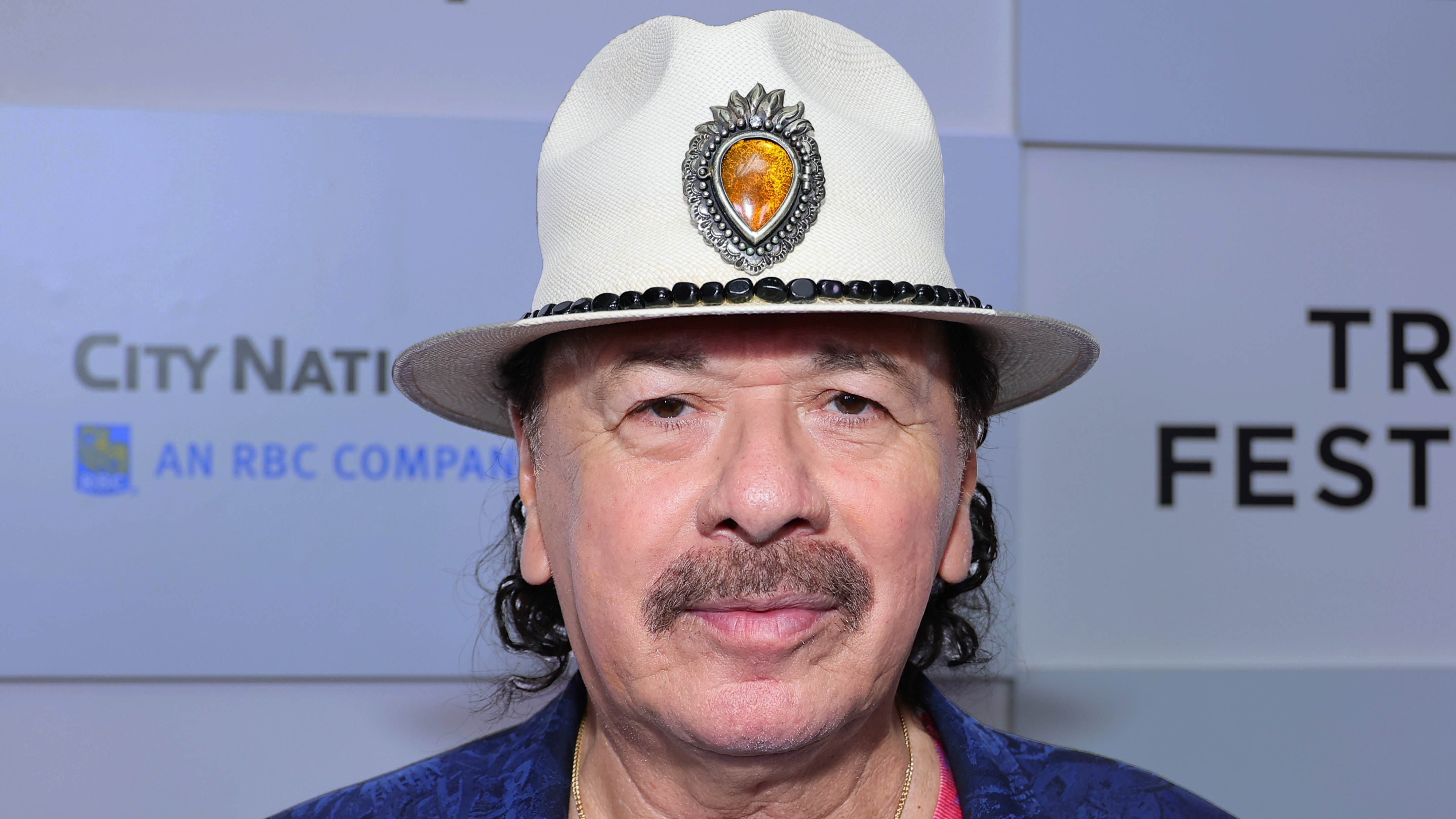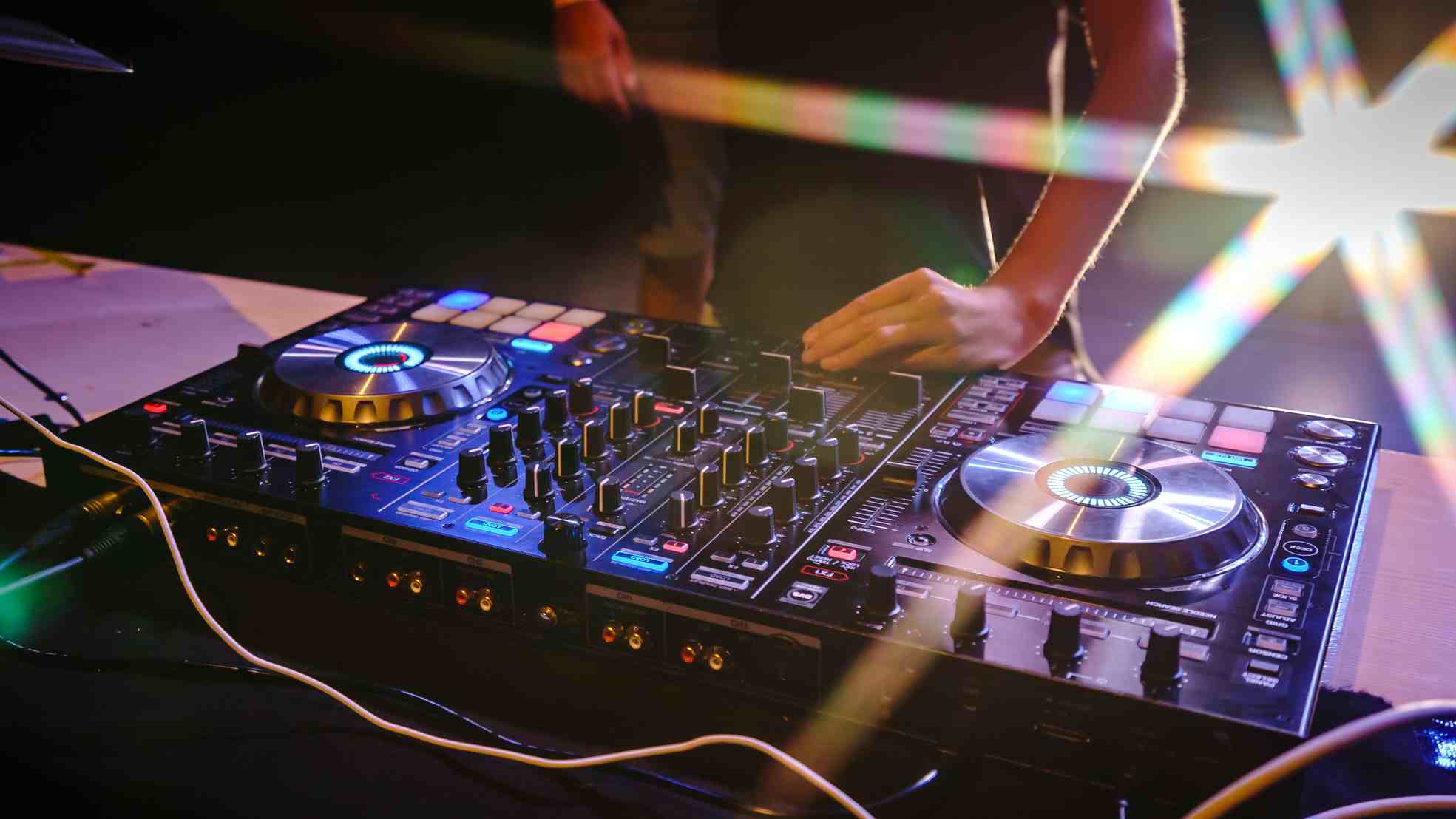“The Foo Fighters discovered a ghostly presence that not only knew how to terrify people, but also about the ins and outs of using Pro Tools”: The scariest places music has been recorded
Especially for Halloween: A haunted country house, a crime scene, ghost-filled LA mansions or the bottom of the ocean. Here's where you might NOT want to record your next album…
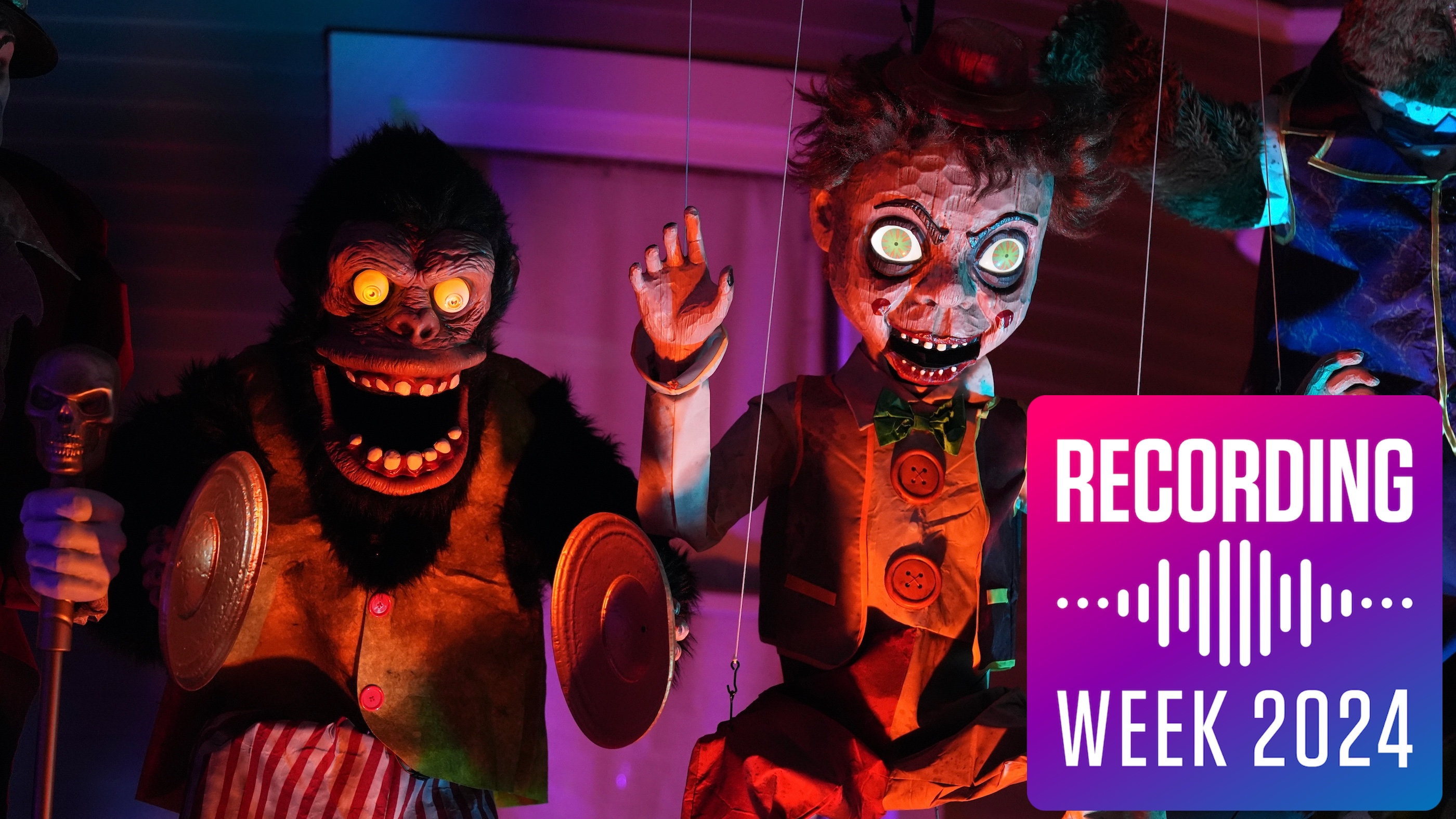
RECORDING WEEK 2024: It's Halloween – the perfect shameless time to cash in on this spooky holiday with plastic toy wizards and witches, sugary snacks in the shape of bats, and stories about recording locations that will terrify you.
We can't bring you the first two - but feel free to send us some in exchange for the third. So here, without further spooky weirdness, are the 10 scariest places you could record music in, but probably wouldn't want to.
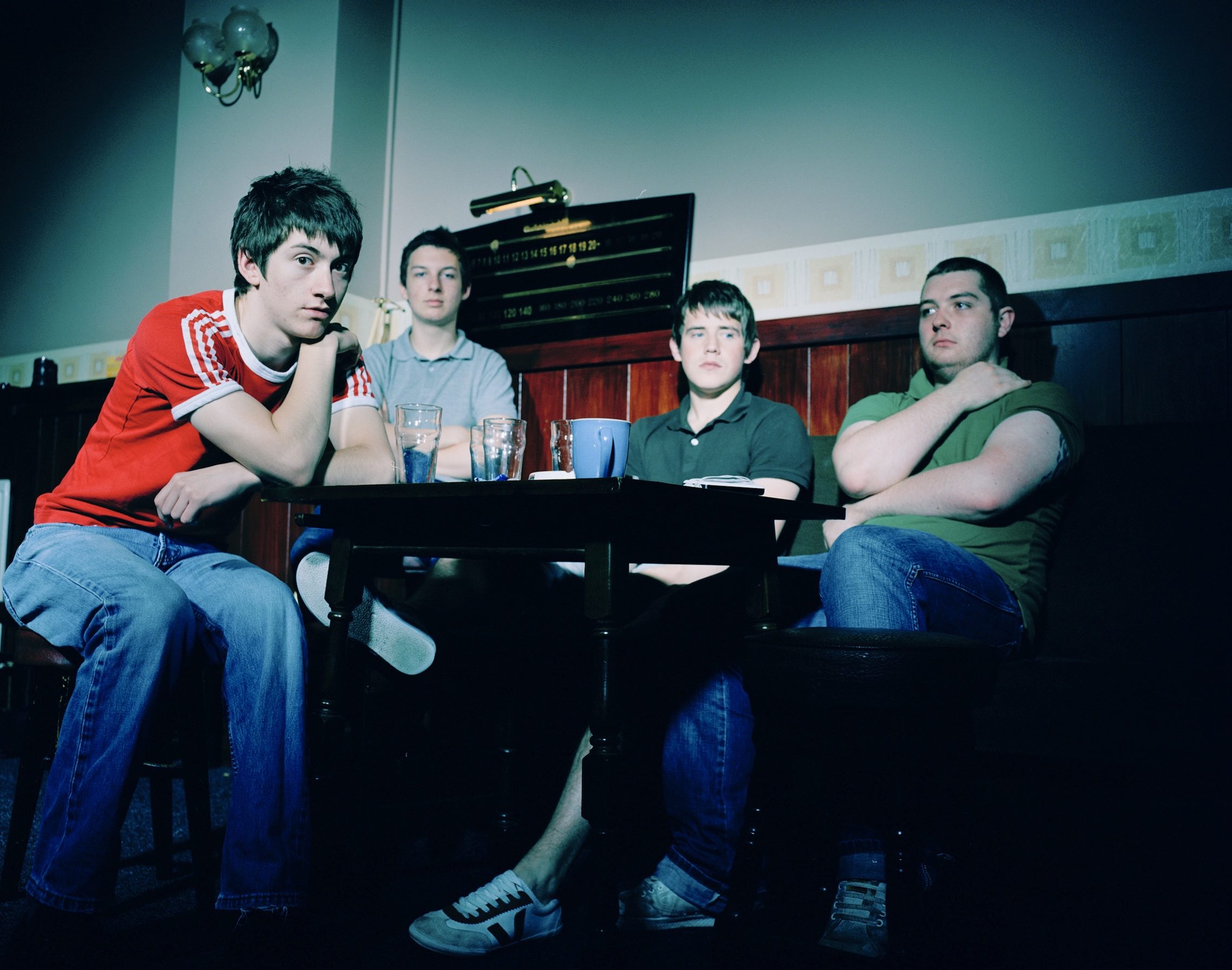
1. Four haunted studios
We might as well start with the obvious: some purpose built recording studios that just happen to be (allegedly) haunted. London's The Garden Recording Studio is our first choice, and one that has an impressive history.
Started by former Ultravox front-man and solo artist John Foxx, the Shoreditch-based studio was used by Siouxsie and the Banshees, The Cure, Depeche Mode, The The and others during the 1980s, but is sadly now a sandwich shop, albeit quite a snazzy and trendy one, according to some accounts.
However, during the studio's relatively short history, it managed to attract the odd haunting as well as top '80s bands.
Alex Turner of the Arctic Monkeys claimed a ghost called Elsie was a studio regular, and even left a mark on some of the recordings made there - nothing that a decent noise gate plugin couldn't sort out, we reckon.
The band were recording their second album, Favourite Worst Nightmare, in 2006 at the studio, with James Ford and Mike Crossey on production duties. Turner told Rolling Stone that, “it’s said that a young girl ‘Elsie’ haunts the echo chamber and unexplained faint whispers have appeared on recordings in the past.”
The Garden is certainly not alone in boasting spirits. Other studios that claim to have had hauntings include London's Blackwing, a church with a graveyard where Depeche Mode once recorded - all good ingredients for a ghost story, especially as lead singer Dave Gahan once died for a short while and had an out-of-body experience. Tenuous, yes, but we're just starting ok? It definitely gets more scary than this…
The famous Rockfield Studios in Monmouthshire, Wales, for example, where Queen and Oasis have laid down tracks, has also had some spiritual goings on, with Ozzy Osbourne (not his only mention in this feature) and bandmates guitarist Randy Rhoads and bassist Bob Daisley once messed about with a Ouija board there, to their peril. The board apparently predicted that Randy would die, as he did just a few years later. Coincidence or not? Either way, don't mess with Ouija kids.
Get the MusicRadar Newsletter
Want all the hottest music and gear news, reviews, deals, features and more, direct to your inbox? Sign up here.
Finally, when Foo Fighters decamped to a studio in Encino, California, they discovered a ghostly presence that not only knew how to terrify people, but also about the ins and outs of using Pro Tools. Truly 'a ghost in the machine', you might say.
"We started working there and it wasn’t long before things started happening," Dave Grohl told NME.
"We would come back to the studio the next day and all of the guitars would be detuned. Or the settings we’d put on the board, all of them had gone back to zero. We would open up a Pro Tools session and tracks would be missing. There were some tracks that were put on there that we didn’t put on there, but just like weird open mic noises. Nobody playing an instrument or anything like that, just an open mic recording a room.”
To be honest, missing DAW tracks, detuned instruments and "nobody playing an instrument" sounds like one of our typical studio sessions, so we like the idea of a ghost with actual studio engineering skills helping us out.
2. Chilling crime scenes
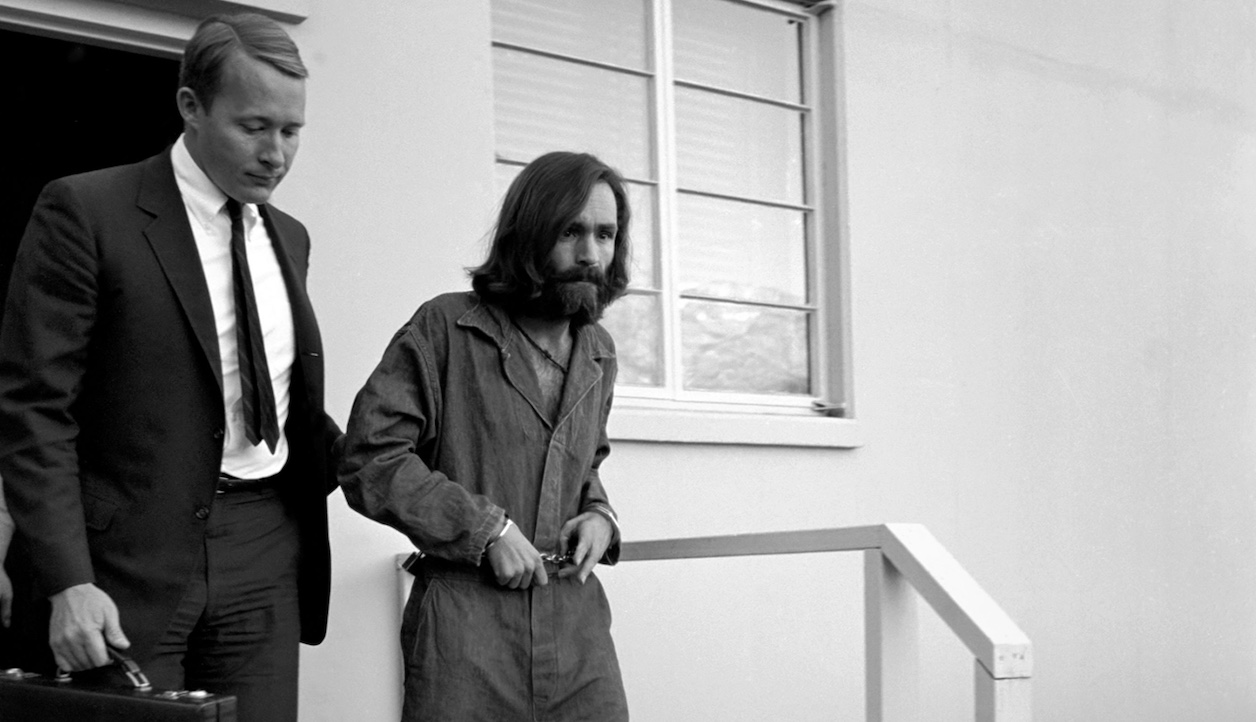
Crimes don't get more notorious than the killing of Sharon Tate, her unborn baby, and four other victims at 10050 Cielo Drive in LA in August 1969. The first music production link in this horrendous story is that the house was previously owned by Terry Melcher, a very successful record producer who refused to sign a certain Charles Manson who fancied himself as a recording artist.
Manson later asked members of his cult-like followers 'The Family' to kill anyone at the address, possibly believing that it was still owned by Melcher. The house had actually been taken on by film director Roman Polanski and his wife Sharon Tate, and on the night of the attack Polanski was away, but Tate was there with four other guests all of whom were killed in horrific circumstances.
The murders were huge news, of course, with all the perpetrators and Manson - after directing these murders and being involved in two further killings the following night - imprisoned for life.
10050 Cielo Drive would then change hands many times with its macabre history stopping it from being a permanent residence for any owner for any length of time. Eventually the property's final buyer, Alvin Weintraub, decided to demolish the house, but not before renting it out to Nine Inch Nails frontman Trent Reznor, who set up a studio at the property in 1992.
He recorded much of their seminal The Downward Spiral there, but after meeting Tate's sister, who put it to him that he was cashing in on her sister's murder, decided to vacate the property. "I thought, ‘Fuck Charlie Manson. I don’t want to be looked at as a guy who supports serial-killer bullshit," he told Rolling Stone magazine.
It was a sensible decision, of course, but perhaps taking the front door of the house with him to install in his new studio, as he reportedly then did, wasn't so cool. And his stay at the house wasn't without its spooky happenings.
In Gavin Baddeley’s book, Dissecting Marilyn Manson (another visitor to the house), Reznor said of his odd experiences there that, "It’s not like spooky ghosts fucking with you or anything, although we did have a million electrical disturbances. Things that shouldn’t have happened did happen. Eventually, we’d just joke about it: 'Oh, Sharon must be here. The fucking tape machine just shut down.'
3. Under the sea
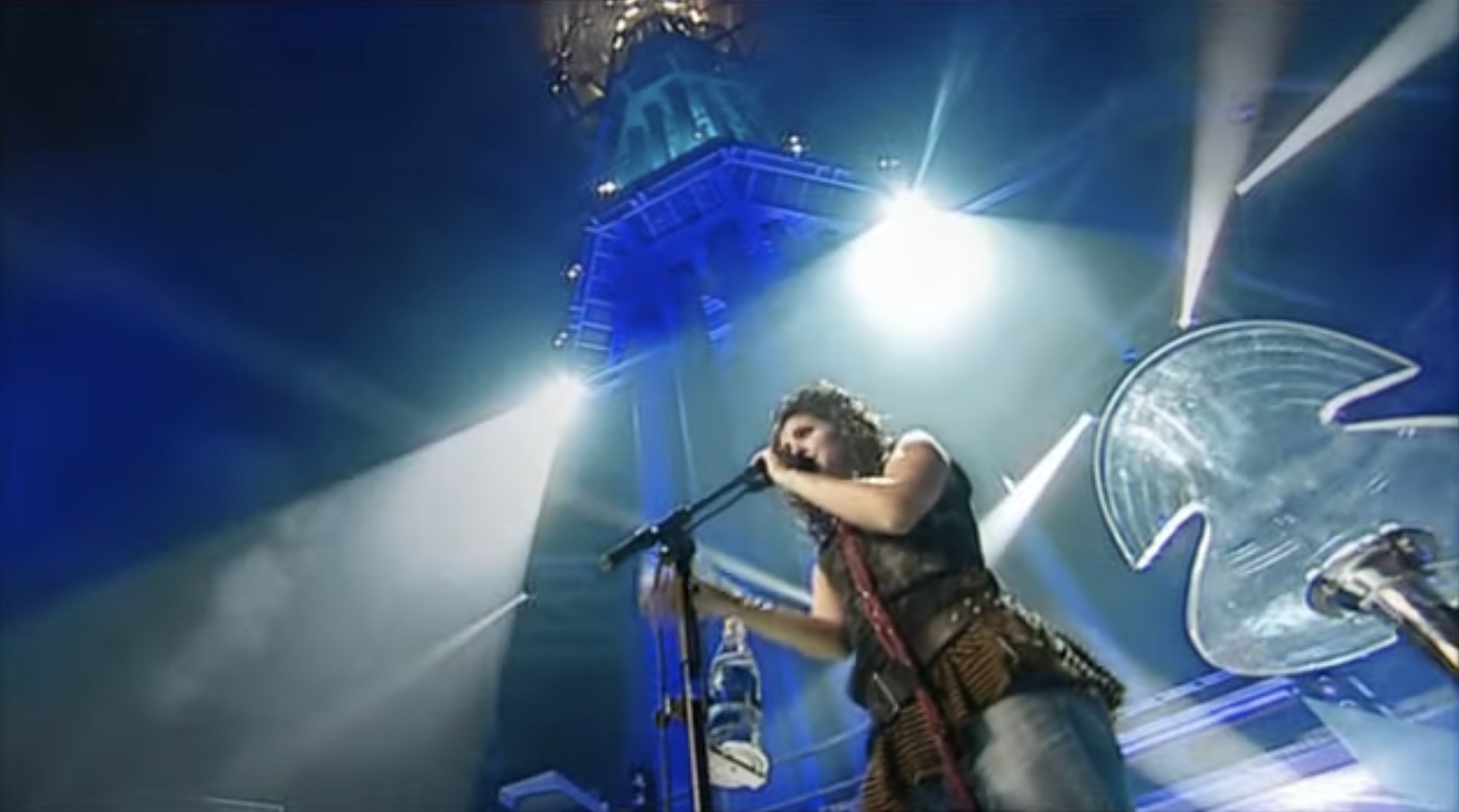
Our next entry is fortunately rather less horrific than the Manson-themed one unless, that is, you are scared of water - 303 metres of it. In 2006, Katie Melua decided to go completely submersive with her music, by diving (ok, taking an elevator) 303 metres below sea level on a North Sea gas rig (the Troll A platform, 55 miles off Bergen, Norway) to play a couple of gigs. Honestly, the scary places have no limits when there are records to break (and of course records to sell).
She told The Times in 2020: "We flew by helicopter, and the rig had a rickety lift that took us down 985ft to the level of the seabed."
Melua played two 30-minute sets down there – to 20 'lucky' people who had won tickets to see the gig – and she still holds the record for the deepest underwater concert.
You can see Melua discuss the gig in the video below, and we particularly love one of the YouTube comments that says: "Not many people will ever get the chance to record at the base of Troll A. The reverberation is amazing. Has anyone taken impulse response samples that we can plug into convolution reverb filters?"
4. A haunted mansion
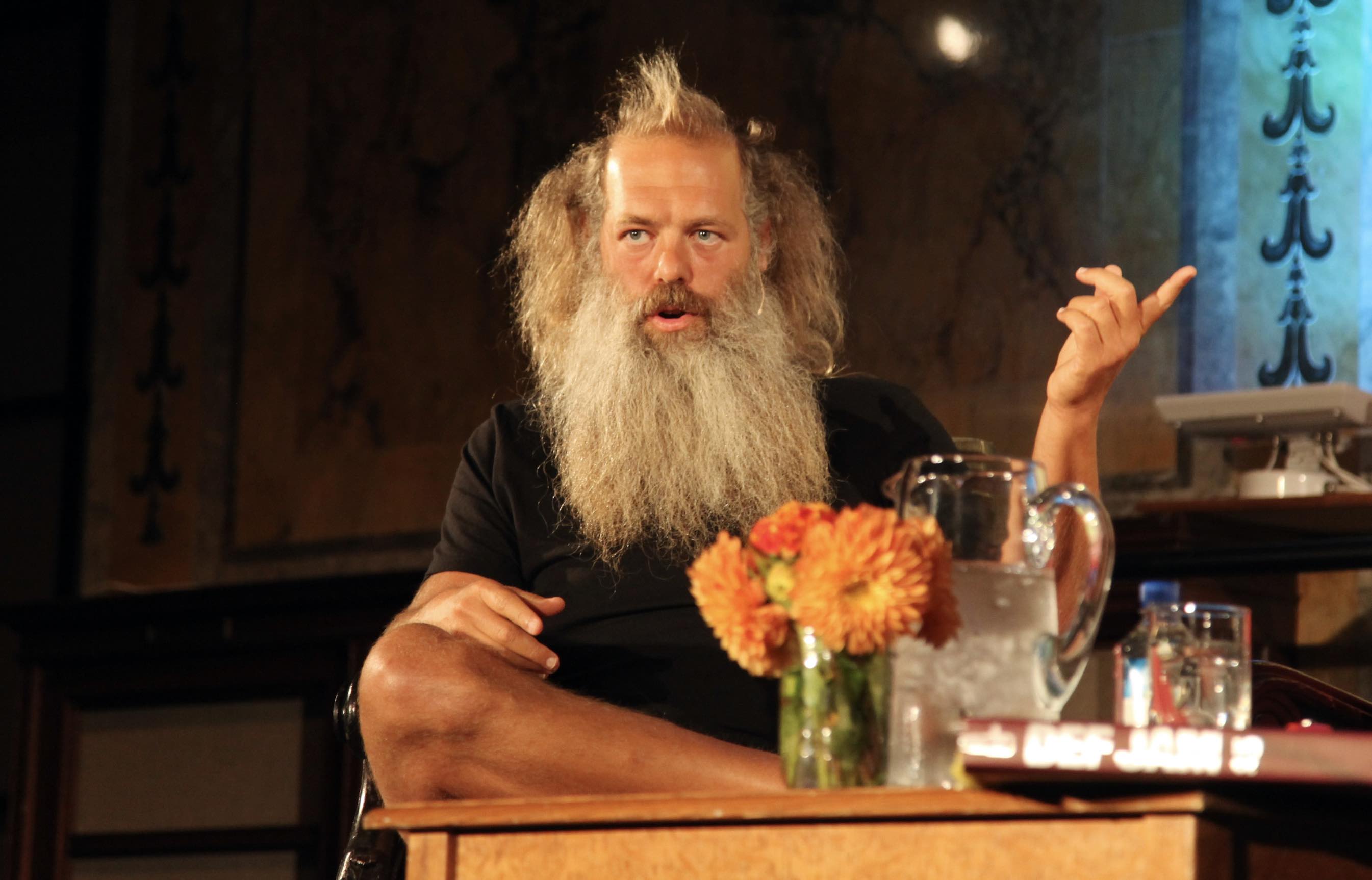
Scoobie-Doo and Shaggy investigated a huge number of mansions during their various capers, as mansions tend to (suspiciously) attract hauntings and other mysteries, although, of course, most of this particular duo's 'ghost' discoveries turned out to be disgruntled janitors. Mansions also attract bands - it's definitely a rock n roll thing - so where better for a scary recording than a haunted mansion… with a recording studio built in?
US producer Rick Rubin (Beastie Boys, Run-DMC, Public Enemy, LL Cool J, Kesha, Adele, and Lady Gaga) owns just such a mansion, which is imaginatively called The Mansion and based at Laurel Canyon near Los Angeles. Rubin first hit the music headlines there by recording Red Hot Chili Peppers' album Blood Sugar Sex Magik in 1991. The band have returned several times, as have other acts including Audioslave, Marilyn Manson, Linkin Park, Lorde and the one and only Dua Lipa.
The studio not only contains several hi-end recording items including classics from Pultec, Teletronix and UA, but at least one ghost according to several studio visitors. The Chili Peppers' John Frusciante had a notable experience – and a somewhat erotic one, come to that – with a ghost.
“There are definitely ghosts in this house,” he said. “One of the rooms, the psychics said, has a very spiritually sexual vibe, and I actually heard a woman being fucked in there one day."
Chili's singer Anthony Kiedis confirmed the unwanted guests to Metal Hammer: "There were ghosts everywhere. They came out on about four of the photos we took for an album cover session - these floating, nebulous shapes... We were accepting of the fact that we were living among them. We weren't there to be obtrusive. We were there to make music and to coexist in what was more their house than ours."
And Slipknot's Corey Taylor also saw an apparition while recording at The Mansion, saying in the book A Funny Thing Happened On the Way To Heaven: “I looked up and saw a man in a tuxedo staring right at me. I ran into my room, but when I looked back there was no one there. The more that I thought about it, ‘Tuxedo Man’ would have had to walk through the door of our bedroom. Not open it and come in but through it.” Of course, ‘Tuxedo Man’ could have been… a man in a tuxedo, not an uncommon occurrence in a mansion, you might assume, but we'll count it as a decent recording-based ghost story for this feature anyway.
It's not know whether Rick still records at The Mansion, but he does own another, equally incredible studio called Shangri-La, located near LA just above Zuma Beach, close to where the *spoiler alert* 'Statue of Liberty' Planet of the Apes film ending took place. He likes a bit of drama around his recording spaces then.
5. A haunted house
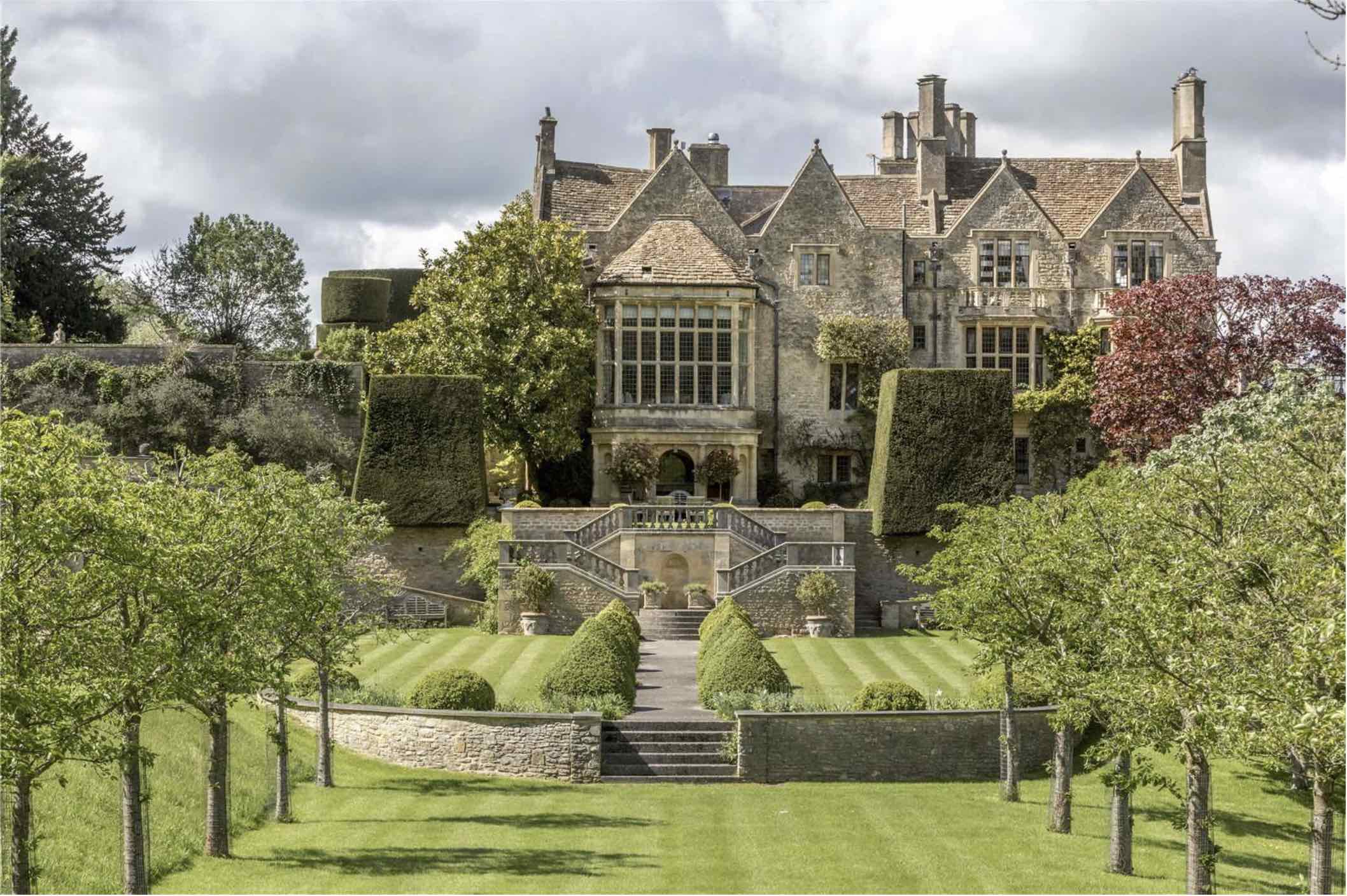
In the UK, the mansions are more than a hundred years old so - by the definitions of time, ghosts and history - more haunted. Our next location takes place just a few miles from where this feature is being written, just outside the fabulous city of Bath - so we feel slightly terrified typing the words, just in case, well, you know…
St Catherine's Court is the venue, an incredible house once owned by the actress Jane Seymour, although the hauntings that took place at her gaff could well have been something to do with her historical namesake. (Yes, ok, we're music production writers, not history experts.)
Anyway, Seymour used to have a recording studio at the house before she sadly departed the area after locals complained about the noise made by famous people staying there. These included bands like The Cure who recorded their album Wild Mood Swings at St Catherine's in 1994 and 1995, and Radiohead who recorded much of – what many consider to be one of the greatest records of all time – OK Computer in 1997.
Radiohead's Thom Yorke told Rolling Stone about his terrifying time at the studio, where, rather than fearing for his life by the threatening ghostly presence at the studio, was more worried about getting a hair cut. "Ghosts would talk to me while I was asleep," he said. "There was one point where I got up in the morning after a night of hearing voices and decided I had to cut my hair.”
And get a hair cut he did, all by himself. We can't find any particular Cure ghost stories related to their time at St Catherine's Court, but they did release a song called Fear of Ghosts, so we'll lazily and very incorrectly say that that fear was probably linked to their time at the studio.
St Catherine's Court was recently put up for sale for £12.5 million, we'll assume complete with ghosts, so if you have any spare change lying around, you could buy yourself some music making – and haunting – history.
6. A creepy castle
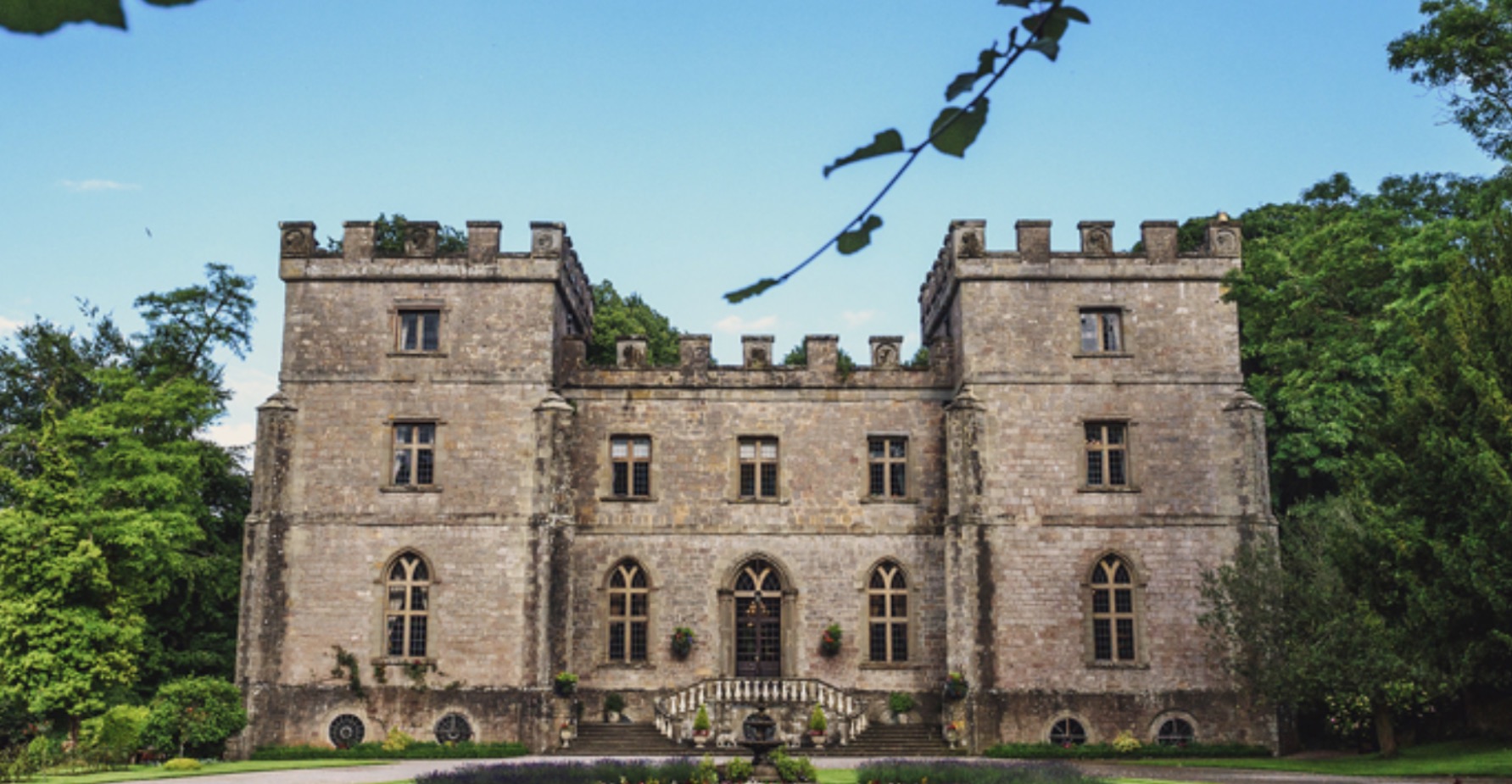
OK, while a medieval mansion like St Catherine's Court might be the obvious place for a haunted recording, probably the best shot at a terror-based studio session would have to be a proper English castle. Think of the battles, the death, the potential ghostage…
Clearwell Castle in Gloucestershire, England, is now – like St Catherine's Court – a wedding venue, but we wonder how many guests and drunk in-laws know about their venue's history in both recording and ghosting when they toast the happy couple.
Clearwell Castle's recording studio was used by many famous bands in the 1970s including Led Zeppelin, Badfinger, Deep Purple, Whitesnake and Queen, ironically mostly taking place in a room now called The Quiet Room.
Black Sabbath recorded the album Sabbath Bloody Sabbath in 1973 at the studio, said to be in the dungeon (of course) at the time. However, the band's Tony Iommi said in the liner notes of the Reunion live album that, "one night I was walking down the corridor with Ozzy and we saw this figure in a black cloak... We followed this figure back into the armoury and there was absolutely no one there. Whoever it was had disappeared into thin air!”
Some claims put the ghost as being Sir Walter Raleigh's wife, Elizabeth, but whoever it was, the ghost left a mark on the band who were terrified during the recording (mostly after playing practical jokes on one another), with drummer Bill Ward so scared that he apparently took a dagger to bed with him every night. Osbourne has also said that the recording marked the end of the band, mostly because of their excessive use of drugs and alcohol, which we're assuming had nothing to do with them actually seeing the ghosts in the first place. Riiiggghhhhttt…
7. A WWII seafort
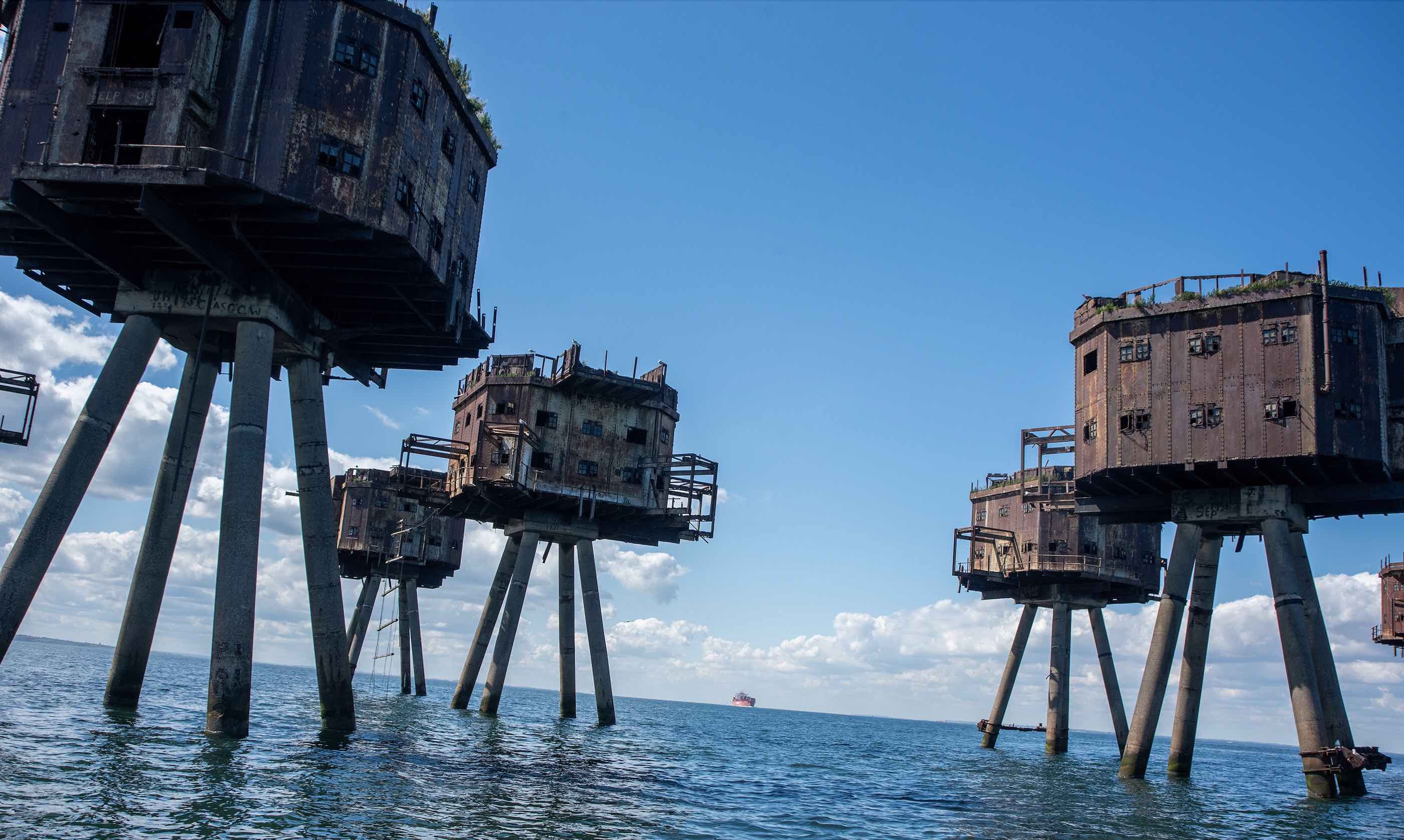
Finally, not just a scary place to record in but perhaps the weirdest location for any recording studio, or at least a possible future location. The Red Sands forts are one of two sets of Guy Maunsell-designed army forts that sit in the Thames estuary (the others being Shivering Sands), set up during World War 2 as part of London's defences, during which they shot down more than 20 planes.
Abandoned after the war, these mysterious and frankly sci-fi looking structures have been left largely untouched, aside from the odd pirate radio broadcast and appearances in films (The Hunger Games, Artemis Fowl), a sixties Doctor Who story (Fury from the Deep), and both the videos for U2's A Sort of Homecoming, ) and The Prodigy's Invaders Must Die.
In the early 2000s, however, the Project Red Sands charity was set up to rescue the most complete set of seven Red Sands towers with the intended use of at least one of them as being a recording studio. Project Red Sands says:
"The layout of the towers allows us to exploit various activities including music recording studios, communications facilities, hydrogen from seawater experiments, a wartime and broadcasting museum and possibly digital broadcast."
It's not a bad idea, if you think about it: you're a few miles off shore working on that LP, so making too much noise isn't going to be an issue, nor are you going to get any disturbances aside from the gentle squeaking of a nearby wind farm. But terrifying? Most certainly. You'll get that album done in no time, just so you can get off the thing and go home.
While Project Red Sands appears to still be up and running with several charity events having happened and some restoration work done, there's little news of acoustic treatment, monitor placement and synthesiser choices having been decided for any of the towers, although the studio's intended use is still stated on the charity's website. If it ever happens, we'll be the first to record there. Actually, no we won't.
• Get more recording stories and features at Recording Week 2024 here!


Andy has been writing about music production and technology for 30 years having started out on Music Technology magazine back in 1992. He has edited the magazines Future Music, Keyboard Review, MusicTech and Computer Music, which he helped launch back in 1998. He owns way too many synthesizers.
“I was like ‘Wow, Coldplay were definitely listening to Radiohead and trying to make their version of it’": Porter Robinson says that he only recently discovered that Coldplay used to sound a bit like Radiohead
Why is tennis superstar Serena Williams being bombarded with microphones fired from confetti cannons? Allow us to explain…

